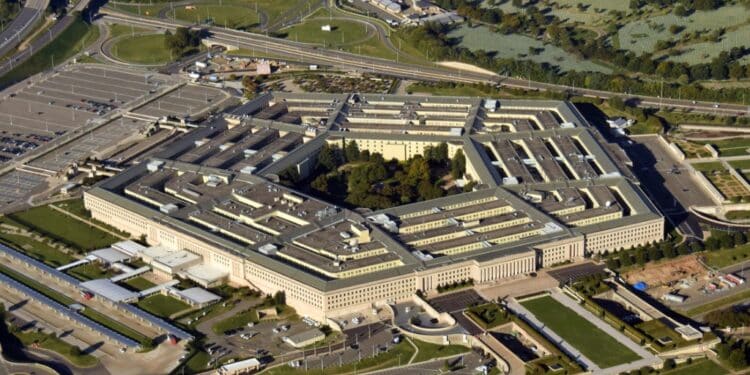In a sweeping address to top military brass at Marine Corps Base Quantico, Secretary of Defense Pete Hegseth laid out a slate of reforms that could reshape the military’s internal accountability systems—sparking concern among watchdog groups and legal experts over the future of whistleblower protections in the armed forces.
The speech, delivered on September 30 to generals, admirals, and senior enlisted leaders, outlined ten directives aimed at reversing what Hegseth described as a “zero-defect, risk-averse, bureaucratic culture.” Among the most consequential changes are efforts to curb the influence of the military’s Inspector General (IG) system, eliminate anonymous complaints, and sharply narrow the window for internal investigations.
“We will no longer allow ideologues, complainers, and weaponized bureaucracy to dictate command climate,” Hegseth said. “No more anonymous complaints. No more endless investigations. Commanders must lead without fear of career sabotage.”
While Hegseth and his allies argue these changes will empower commanders and reduce frivolous complaints, whistleblower advocates warn that the reforms risk leaving service members with legitimate concerns unprotected.
“Watering down whistleblower regulations is completely unacceptable and dangerous. The military whistleblower law must be strictly and aggressively enforced regardless of whether the wrongdoer is the Secretary of Defense or a private in Qatar,” said Stephen M. Kohn, Chairman of the National Whistleblower Center. “The tone at the top is critically important to ensure compliance with laws and the code of military justice. Any messaging that does not promote whistleblower protection undermines the rule of law.”
Under the new guidance, complaints deemed “non-credible” must be closed within seven business days, while command-initiated investigations must be completed within 30 days. Additionally, repeat or anonymous complaints will no longer be accepted, removing a key protection for those fearing retaliation.
Critics say such reforms could particularly deter reporting of abuse by senior officers, sexual harassment, discrimination, and other sensitive misconduct cases where anonymity has historically played a critical role.
While supporters view the changes as long overdue, critics caution that narrowing whistleblower channels could make it more difficult for service members to report misconduct safely and securely.




